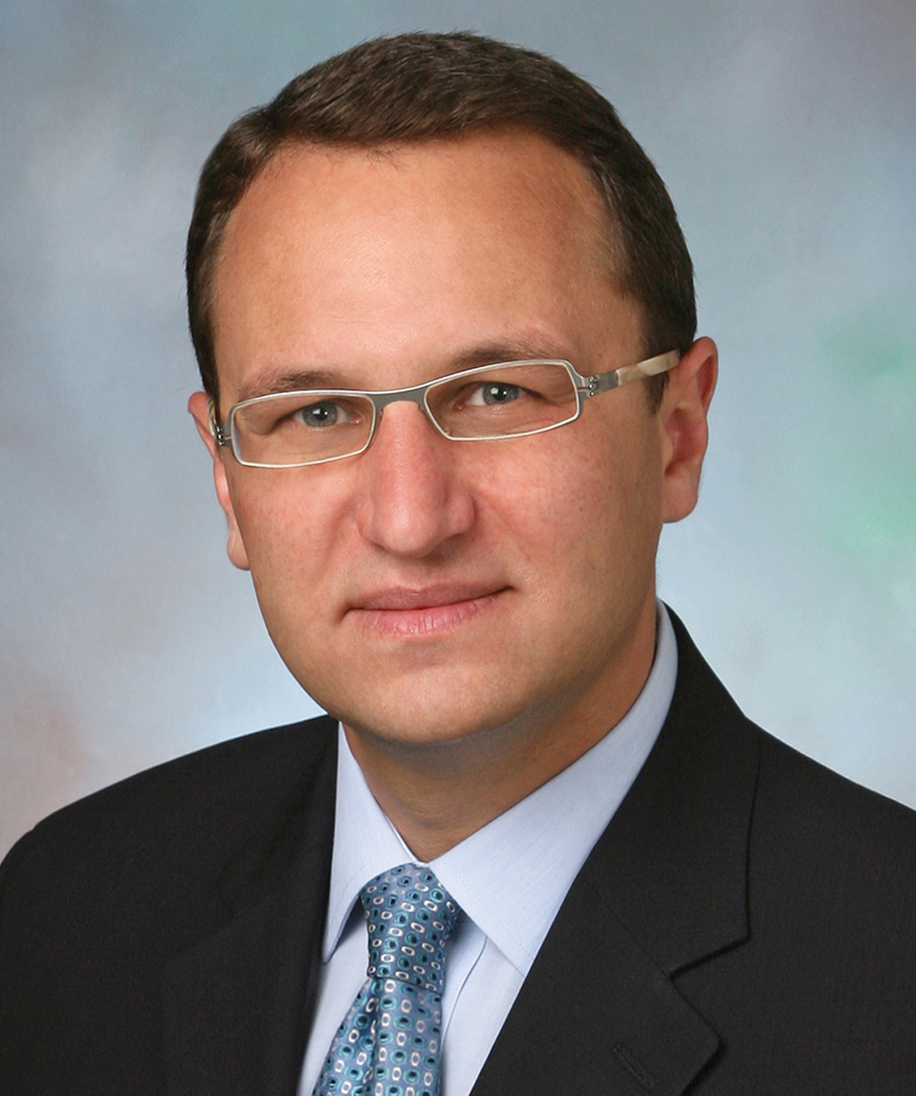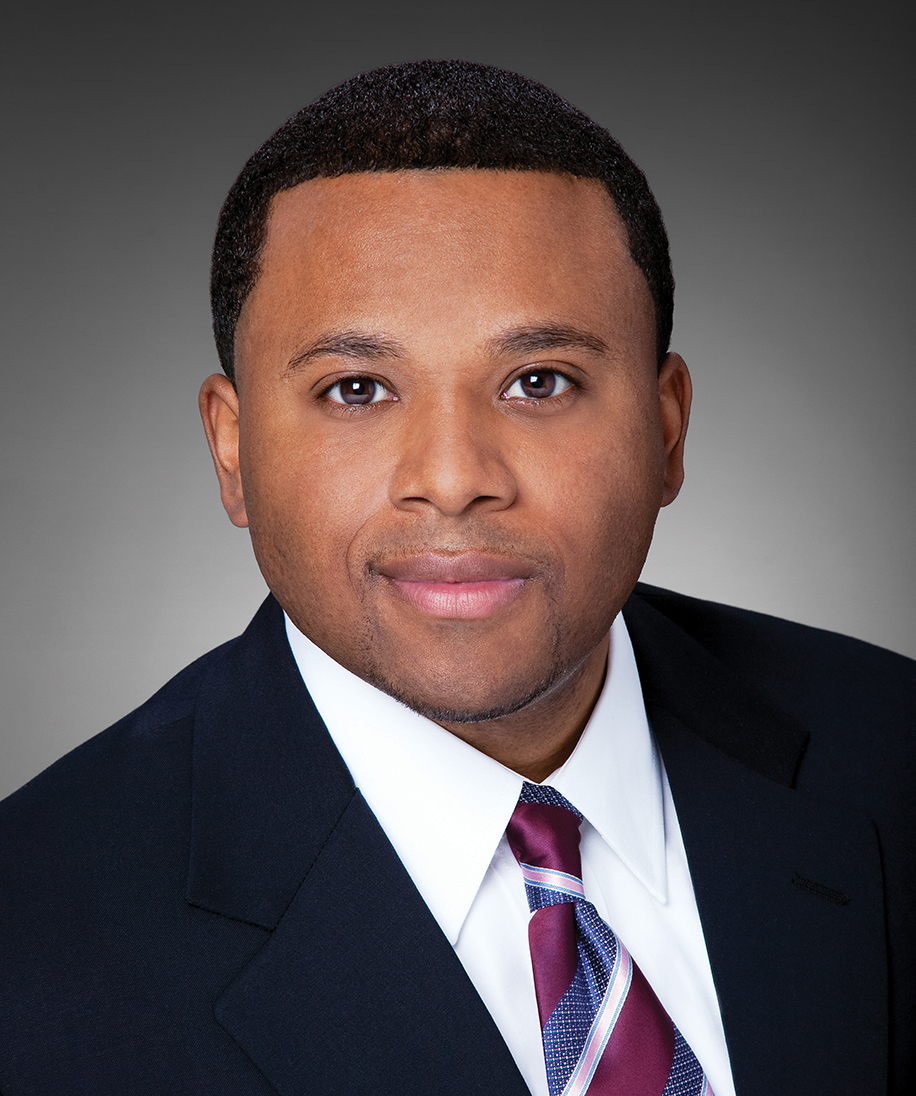Client Alert
The Supreme Court Hears Oral Arguments on the Implied Certification Theory of False Claims Act Liability: Universal Health Services v. United States ex rel. Escobar
April 28, 2016
By Thomas P. O’Brien, Daniel Prince, Igor V. Timofeyev, & James N. Rotstein
Last week, the Supreme Court heard oral arguments in Universal Health Services v. United States ex rel. Escobar, a case arising under the False Claims Act (“FCA”). The decision could have potentially far-reaching consequences for companies with FCA exposure.
The FCA, enacted during the Civil War in an attempt to curtail then-rampant fraud against the federal government by military suppliers, imposes liability only when a person or entity “knowingly presents, or causes to be presented . . . a false or fraudulent claim for payment or approval.”[1] The FCA also contains a qui tam—”whistleblower”—provision that enables private citizens to bring anti-fraud suits on behalf of the government.[2] These private citizens are called “relators” and are potentially eligible to share in any eventual recovery from the fraud that they helped to uncover.
Under the so-called “implied certification” theory, however, a claim that itself contains no false representations may nonetheless be considered false or fraudulent under the FCA if the claimant failed to comply with a requirement of the relevant federal program or contract. The theory is based on the premise that, by submitting a claim, the claimant implicitly communicates that it has conformed to the applicable statutes, regulations, or contract provisions that are material preconditions to payment.[3]
The implied certification theory provides a mechanism for broader enforcement of the FCA. If the theory is upheld by the Supreme Court, companies contracting with the federal government will have to devote greater attention to their internal compliance programs because one technical violation may result in FCA liability. The need for adequate internal compliance programs is even greater considering that liability may result in severe penalties, such as multi-million dollar judgments or bans on future government contracts.
Background
In Universal Health Services, a patient at a mental health clinic owned and operated by a subsidiary of Universal Health Services died from adverse reactions to medication.[4] The clinic receives federal and state reimbursement through Massachusetts’ Medicaid program. The health clinic failed to comply with certain state regulations governing proper supervision and employment.[5] Specifically, the clinic did not properly supervise its staff and did not employ a board-certified or board-eligible psychiatrist and a licensed psychologist.[6] Acting as relators under the qui tam provisions of the FCA, the patient’s parents brought an action against Universal Health Services in the United States District Court for the District of Massachusetts.[7]
The district court drew a distinction between conditions of participation and conditions of payment in the government program. The court reasoned that only noncompliance with the latter could establish falsity.[8] Since compliance with the regulations was not a condition of payment from the government, the district court dismissed the relators’ complaint in its entirety.[9] On appeal, the First Circuit reversed. The court of appeals observed that Universal Health Services’ compliance with the regulations was a condition of payment. Since the contractor did not comply with the regulations, the appellate court concluded that Universal Health Services submitted false claims for reimbursement to the government and, consequently, was liable under the FCA.[10]
In so holding, the First Circuit joined eight other courts of appeals (the Second, Third, Fourth, Sixth, Ninth, Tenth, Eleventh, and D.C. Circuits) in finding FCA liability on the basis of implied certification. By contrast, the Fifth and Seventh Circuits have refused to impose liability under such a theory.[11] On June 30, 2015, Universal Health Services filed a petition for certiorari with the Supreme Court, which was granted on December 4, 2015. On April 19, 2016, the Court heard oral argument.
Oral Argument
The Justices’ comments during oral argument indicated that the Court will likely be divided on the issue. Justice Sotomayor and Justice Kagan expressed the deepest skepticism about the petitioner’s position. Justice Sotomayor noted: “[I]f you claim money for a service that you don’t render . . . unsupervised by a qualified individual, which is a requirement specifically in the regulations, I’m having a hard time understanding how you have not committed a fraud if you know what you were doing.”[12] Justice Kagan echoed those concerns. Using an example provided by Justice Sotomayor, Justice Kagan drew the following analogy: If a company has a government contract to buy guns, but the guns do not fire—an occurrence which led to the enactment of the FCA—that “is the exact same . . . [as having a] contract . . . for a doctor’s medical care, [but] a doctor’s medical care was not provided. A nondoctor’s care was provided.”[13]
On the opposite side, Chief Justice Roberts questioned the theoretical limits of the implied certification theory by noting that there are “hundreds of thousands of pages of regulations,” which makes it easy for relators to come in after the fact and claim that a company did not comply with any one of those regulations.[14] The Chief Justice expressed concern that companies are not given proper notice that noncompliance with one regulation, however obscure, can expose the company to significant liability under the FCA. Counsel for Universal Health Services amplified Chief Justice Roberts’ concern on rebuttal, emphasizing the extent of the potential ramifications of the implied certification theory:
“If relators come in after the fact . . . and say, this [regulation] was so critical that . . . it was material, it was essential, and you acted with scienter, and they get treble damages, attorney’s fees, $5,500 or more, $5,500 minimum per claim civil penalties, and the opprobrium of calling someone a fraudster, that’s not the system in which the regulators have control. That is not the administrative state we know. That is a game of got-you, after-the-fact got-you.”[15]
Justice Breyer, however, was skeptical about the Court’s ability to draw a logical dividing line between breaches of regulations that would be sufficiently serious to constitute fraud under the FCA and breaches that would be “nonmaterial.”[16] At one point, Justice Breyer inquired whether an agency could obviate the entire question by including a certification box on its government contracts form specifying that all the terms of the contract were material to the federal government.[17]
Potential Impact
Unless the Court affirms by an equally divided court, it will likely issue its opinion in this case by the end of June 2016. Given the different views expressed by several of the Justices (and the fact that not all of the Justices were active during argument), the outcome is difficult to predict. The Court may divide 4-4, in which case it will affirm the First Circuit by an equally divided court and the opinion will not be precedential. If that were to occur, the circuit split over whether FCA liability can be imposed under an implied certification theory will not be resolved.
In the event the majority of the Court holds that a federal contractor can be liable under the FCA’s “implied certification” theory, companies potentially facing FCA exposure will have to exercise greater care when submitting claims for reimbursement to the federal government. The implied certification theory provides a mechanism for broader enforcement of the FCA. Although Universal Health Services arises in the context of healthcare reimbursement claims, the implied certification theory may be applied to government contracts in other areas.
FCA liability under an implied certification theory, however, is not without potential limits. Thus, while accepting the implied certification theory, the D.C. Circuit noted that that “[s]trict enforcement of the FCA’s scienter requirement will . . . help to ensure that ordinary breaches of contract are not converted into FCA liability.”[18] Consequently, under an implied certification theory, both relators and the federal government will still have the burden of proving that companies acted with scienter when trying to impose liability under the FCA. Another possible limit—one suggested by petitioner—is to cabin the implied certification theory to instances where Congress or an agency “made an explicit materiality determination and has expressly conditioned payment of a claim on statutory or regulatory compliance.”[19]
Nevertheless, companies contracting with the federal government will need to apply greater attention to its internal FCA compliance programs to guard against technical violations, which could potentially result in FCA liability. The need for scrupulous attention to internal compliance programs is all the greater given that the FCA statutorily provides for treble damages and minimum civil penalties, which could potentially amount to multi-million dollar judgments in the event fraud is proven. Moreover, an FCA judgment can lead to the drastic sanction of debarment—a ban on future government contracts.[20] The risk for FCA liability under an implied certification theory increases in areas where contractual terms and regulations are more sophisticated and complex—a concern prominently emphasized by Chief Justice Roberts during oral argument.
***
[1] 31 U.S.C. § 3729(a)(1).
[2] 31 U.S.C. § 3730(b).
[3] See, e.g., United States ex rel. Escobar v. Universal Health Servs., 780 F.3d 504, 514 n.14 (1st Cir. 2015), cert. granted 136 S. Ct. 582 (2015).
[4] Id. at 509.
[5] Id. at 510.
[6] Id.
[7] Id.
[8] United States ex rel. Escobar v. Universal Health Servs., Inc., No. CIV.A. 11-11170-DPW, 2014 WL 1271757, at *6 (D. Mass. Mar. 26, 2014).
[9] Id. at *13.
[10] Universal Health Servs., 780 F.3d at 512-13, 517.
[11] United States ex rel. Steury v. Cardinal Health, Inc., 625 F.3d 262, 270 (5th Cir. 2010); United States v. Sanford-Brown, Ltd., 788 F.3d 696, 714 (7th Cir. 2015).
[12] Oral Argument Tr. at 54, Universal Health Services, Inc. v. United States ex rel. Escobar, No. 15-7 (2016).
[13] Id. at 16.
[14] Id. at 30.
[15] Id. at 51.
[16] Id. at 9-10; see also id. at 21.
[17] Id. at 19-20.
[18] United States v. Sci. Applications Int’l Corp., 626 F.3d 1257, 1269 (D.C. Cir. 2010).
[19] Br. for Petr. at 28, Universal Health Services, Inc. v. United States ex rel. Escobar, No. 15-7 (2016).
[20] 48 C.F.R. § 9.406-2.
Contributors


Practice Areas
Complex Litigation and Arbitration
Investigations and White Collar Defense
For More Information

